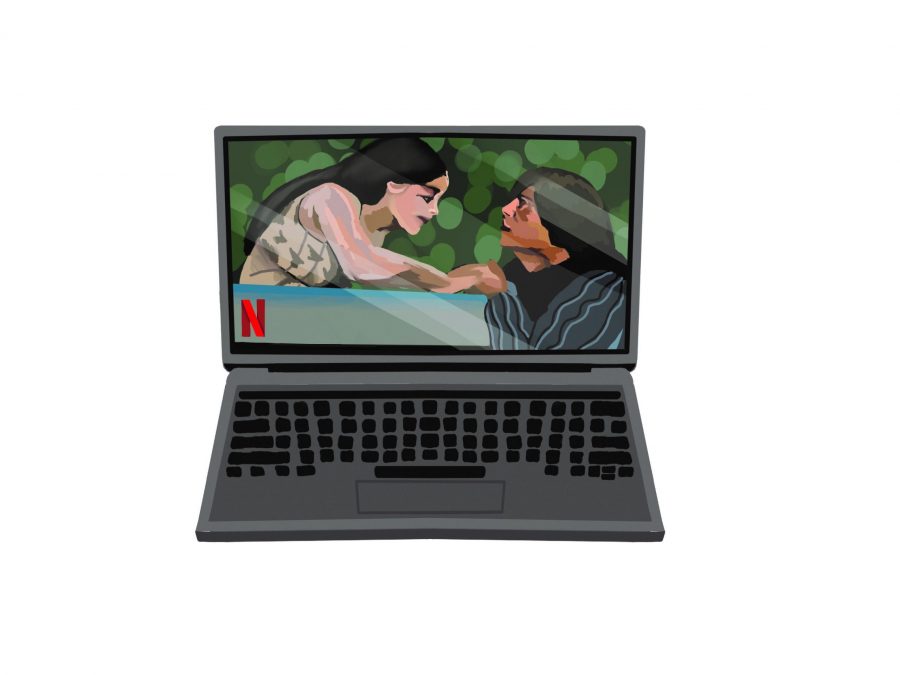It is Saturday evening, and I am rewatching Paul Thomas Anderson’s movie “Magnolia,” fully knowing that I will cry multiple times throughout the film’s three-hour runtime.
Watching sad films like “Magnolia” is a weekend routine of mine. With the holidays coming closer and closer, I have been finding increasing emotional value in these films, especially when confronted with the superficially happy media that seems to define this time of year.
Although winter is the season full of bright lights on suburban houses, hot chocolate for cold hands and excitement for the fast approaching holidays, it is also excessively glorified in pop culture.
Many wintertime movies and songs present an idealized vision centered around family values and romances. Holiday entertainment touts the season as the most wonderful time of the year. However, these holiday classics oftentimes completely ignore the harsh realities of the holiday season, such as the flu, midterms and rising gas bills.
Despite its seemingly harmless nature, this glorified, often unattainable image of a perfect winter season has a real and lasting impact.
One such consequence comes from “cuffing season,” when individuals feel pressure to find a romantic partner during winter to conform to the societal expectations that come with the holidays. Additionally, these films and songs present such a bright, cheery world that contrasts the cold, short days of winter, compounding the impact of the “winter blues” that many individuals experience.
Both the implicit and explicit messages viewers receive on a screen or in a song matter, and overly-festive holiday movies perpetuate false stereotypes that can negatively impact mental health.
The most obvious solution to this problem is to completely reject the notion that winter is the perfect season, but such a demand is equally as idealistic as the films that maintain this myth.
That said, individual recognition of the holiday season’s false promises can help mitigate the emotional impact of cuffing season, the winter blues and other similar phenomena.
To contrast the oversaturation of happy movies and songs in the media during the wintertime, individuals should accept the wide range of emotions they face and work to overcome the negative aspects of the season. Embracing alternative forms of entertainment, especially those that express sentiments other than happiness, is one way to do so.
Although I personally have found value in tragic cinema, this does not mean that everybody will. An important part of the holiday season should be for individuals to figure out their own emotions, which necessitates that they watch movies to which they are best able to relate.
In the face of the empty facade of happiness presented by traditional wintertime media, embracing one’s feelings as opposed to shying away from them is ultimately a better method of finding value in the holiday seasons. Although it would be nice to live such a glorious life as one in a holiday movie, this is unfortunately not a possibility for most individuals.
This is not to say that one should hate every aspect of the holiday season or reject all holiday movies and songs. In fact, I appreciate Jon Favreau’s classic film “Elf” and Wham!’s hit single “Last Christmas” just as much as the next person. Rather, I believe it is necessary to dispel the impossibly perfect visions of winter as defined in seasonal holiday songs and movies.
As the winter season starts to unfold, it is important to keep in touch with one’s true emotions, especially in the face of unrealistic holiday entertainment.




























